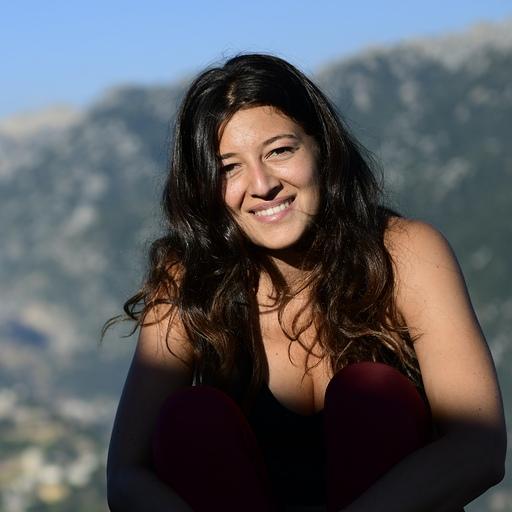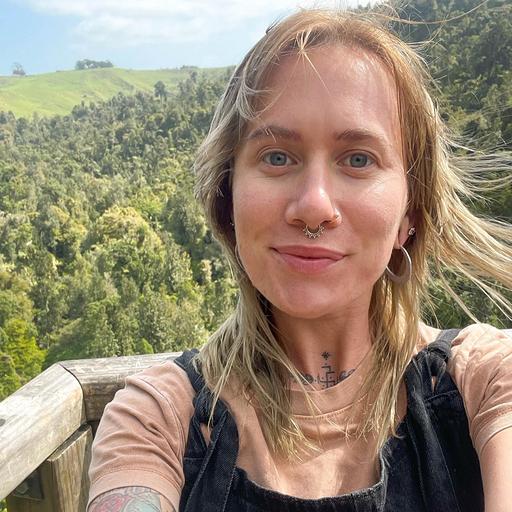
All About My Perfect Beach and Yoga Vacation in Sri Lanka 2024
Julie Bourquin










A percentage of your booking will go to providing enriched meals for underprivileged children.
To date, BookRetreats has provided over 6,621,000 enriched meals to underprivileged children through our partner organisations.
And it’s not just the kids you can help - you can offset your trip’s emissions at checkout. Oh, and we’re a carbon-neutral company too!


Don't just take our word for it. Hundreds of guests have shared how much they love booking with us.

Our team of experienced Yogis have travelled to hundreds of countries around the globe and have decades of first-hand travel experience to share. Contact us now to have all of your questions answered!

















